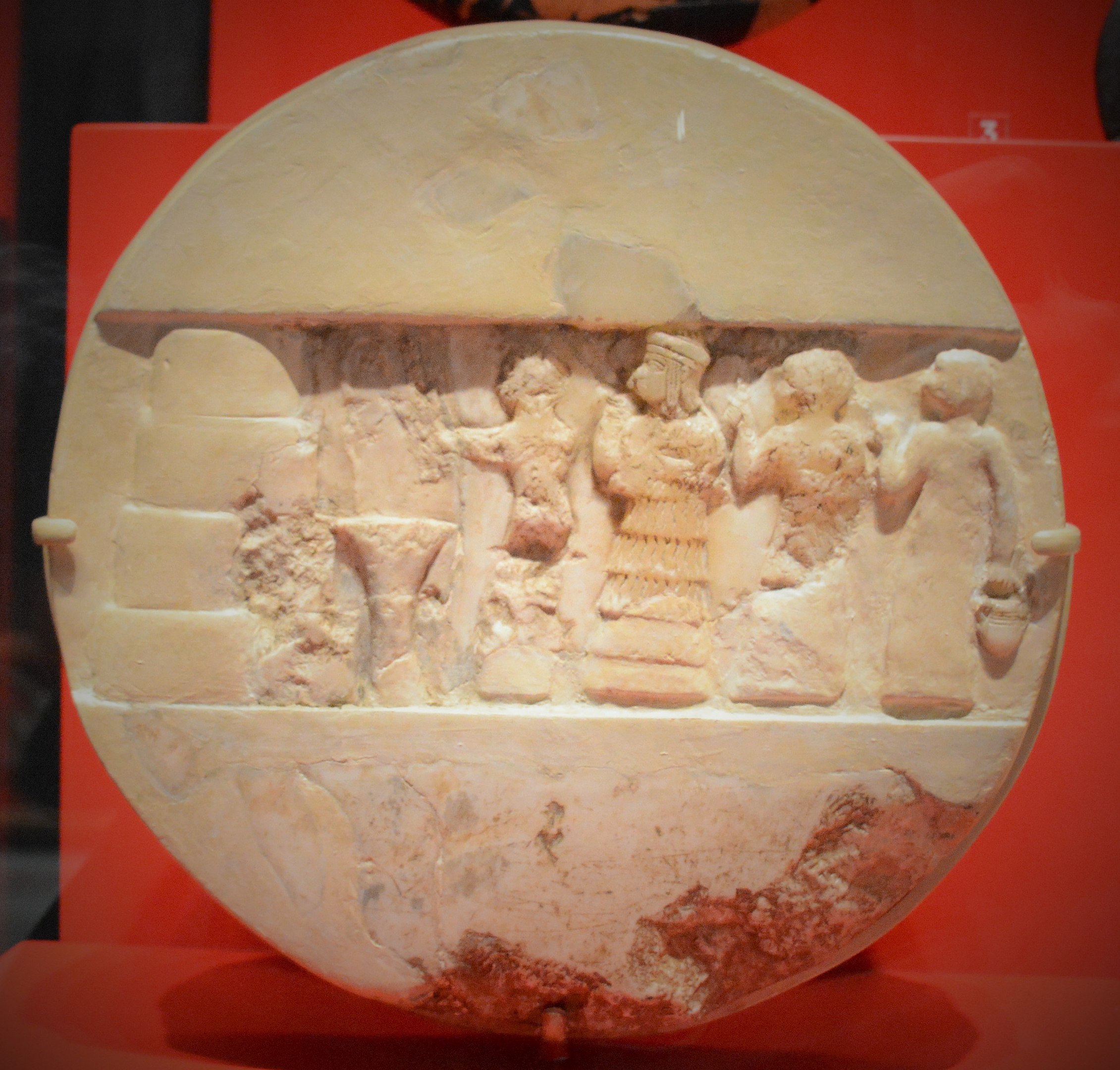Enheduanna, a remarkable figure from ancient history, is the earliest author to be named as such. Despite her significant contributions to literature and religion, her existence remained hidden from modernity until archaeologist Sir Leonard Woolley’s discovery of artifacts bearing her name in 1927.
Enheduanna’s name, derived from Sumerian, translates to “Ornament of Heaven,” reflecting her esteemed role as the high priestess of the moon deity Nanna-Suen in the city of Ur, located in ancient Mesopotamia. As a priestess, she wielded great influence and authority, shaping religious practices and cultural traditions.
Enheduanna composed a collection of 42 temple hymns and three standalone poems, among her notable achievements. These literary works, akin to the renowned Epic of Gilgamesh, hold significant importance in Mesopotamian literature, offering insights into ancient civilizations’ beliefs, values, and narratives.
Her roles
Enheduanna, not only renowned as a priestess and literary figure but also as a political influencer, held significant sway in ancient Mesopotamia. Born as the daughter of Sargon the Great, often credited as the founder of the world’s first empire, Enheduanna’s lineage bestowed upon her a unique position of authority and prestige.
Her role in politics extended beyond her familial ties, as she played a crucial part in unifying the diverse regions of Akkad under her father’s rule. By bridging the religious practices of the northern Akkadian region with those of the southern Sumerian city-states, Enheduanna facilitated a sense of cohesion and shared identity throughout the burgeoning empire.
Enheduanna’s literary prowess further solidified her influence as she composed hymns and poems celebrating the patron goddesses of various temples across Mesopotamia. These compositions served to honor the deities and reinforce the cultural and religious bonds within the empire. Copies of her hymns, meticulously transcribed by temple scribes, endured for centuries, perpetuating her legacy and the unity she helped foster long after her passing.
Controversies
Despite Enheduanna’s remarkable achievements and contributions to ancient literature, debates persist among scholars regarding the authorship of the texts attributed to her. Some scholars remain skeptical, proposing theories that suggest a male scribe may have penned the works under her name, including the texts written from her first-person perspective.
Bahrani, a prominent scholar in the field, acknowledges the ongoing debate surrounding Enheduanna’s authorship but maintains a firm belief in her capacity as an independent writer. She emphasizes the importance of acknowledging differing interpretations of the evidence while advocating for Enheduanna’s rightful recognition as an author who authored her own compositions.
Avid Writer with invaluable knowledge of Humanity!
Upcoming historian with over 30 million views online.
“You make your own life.”





